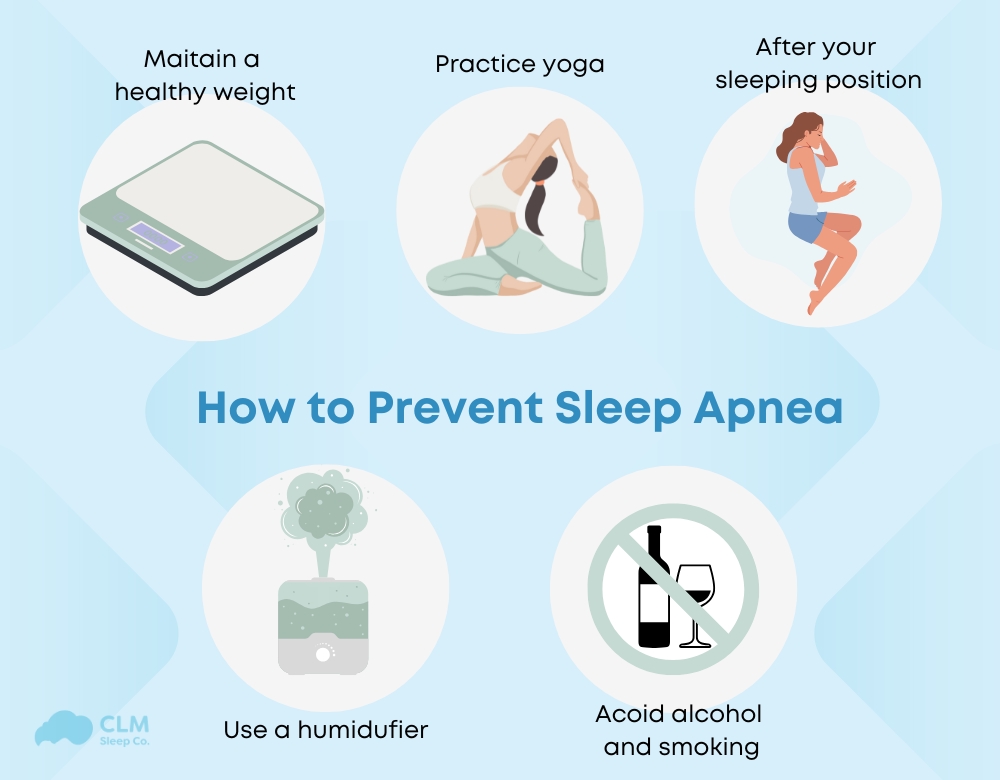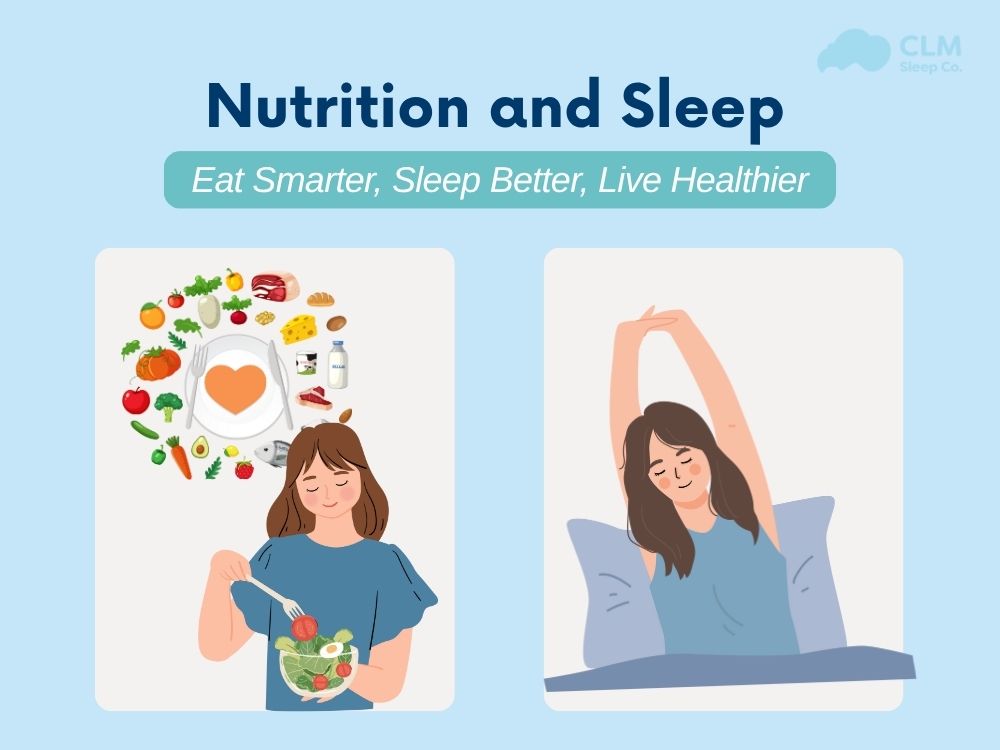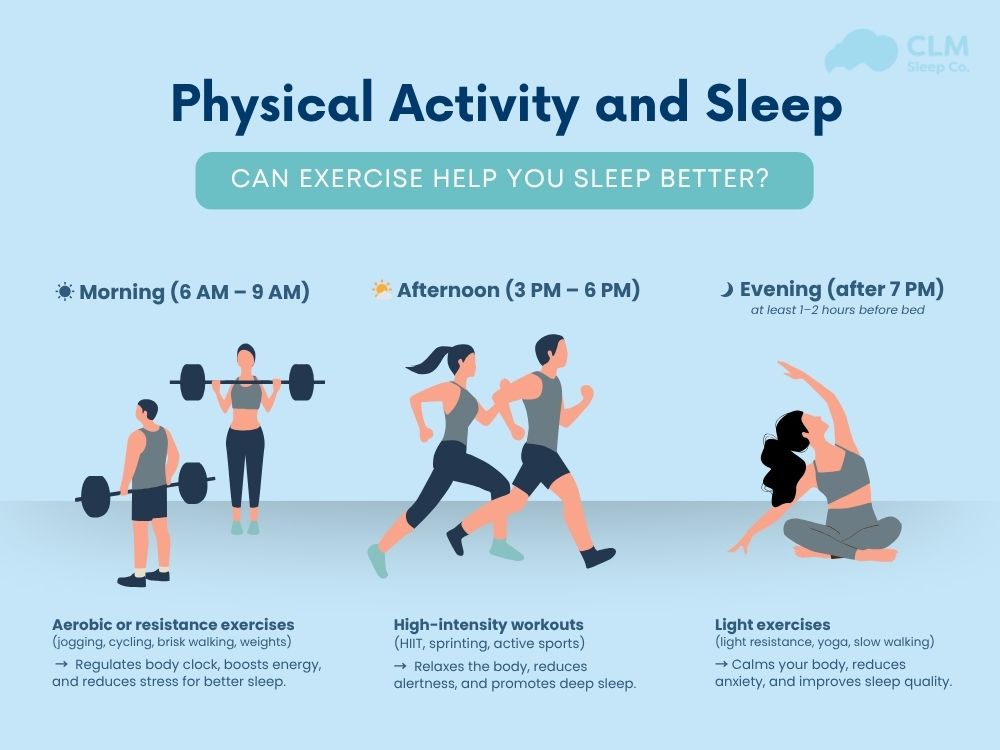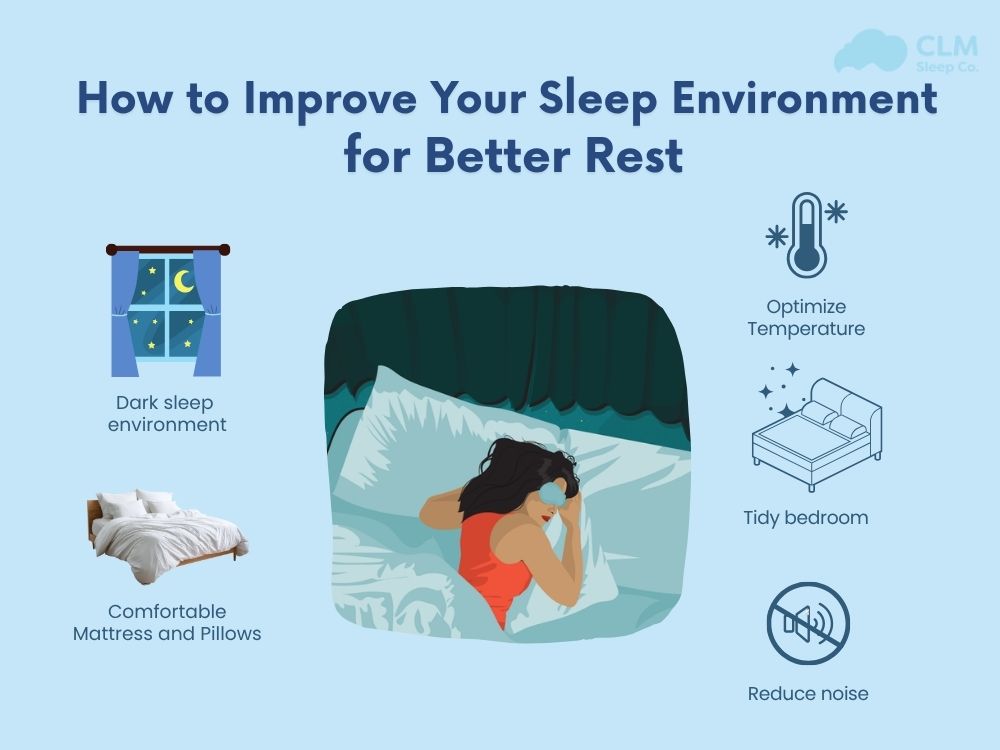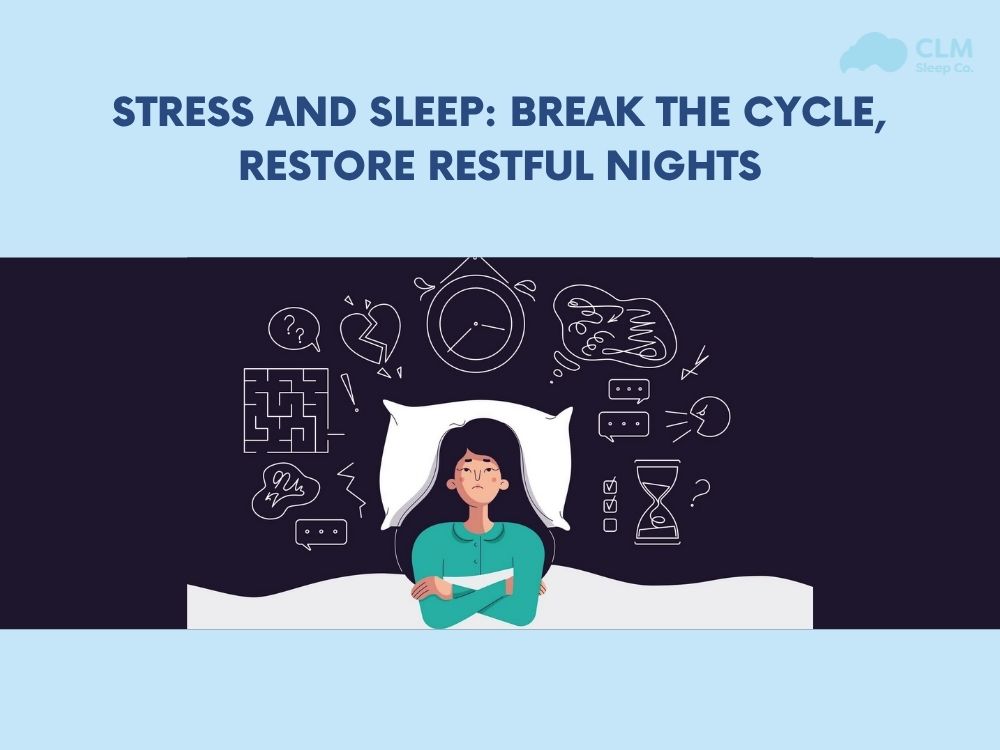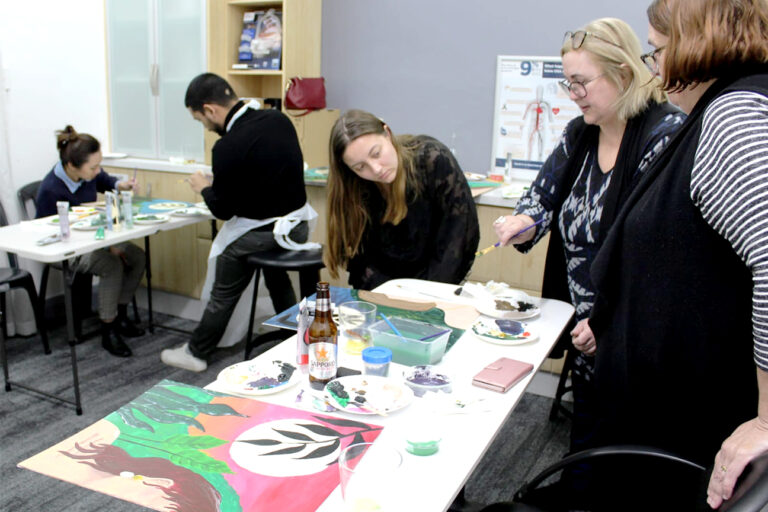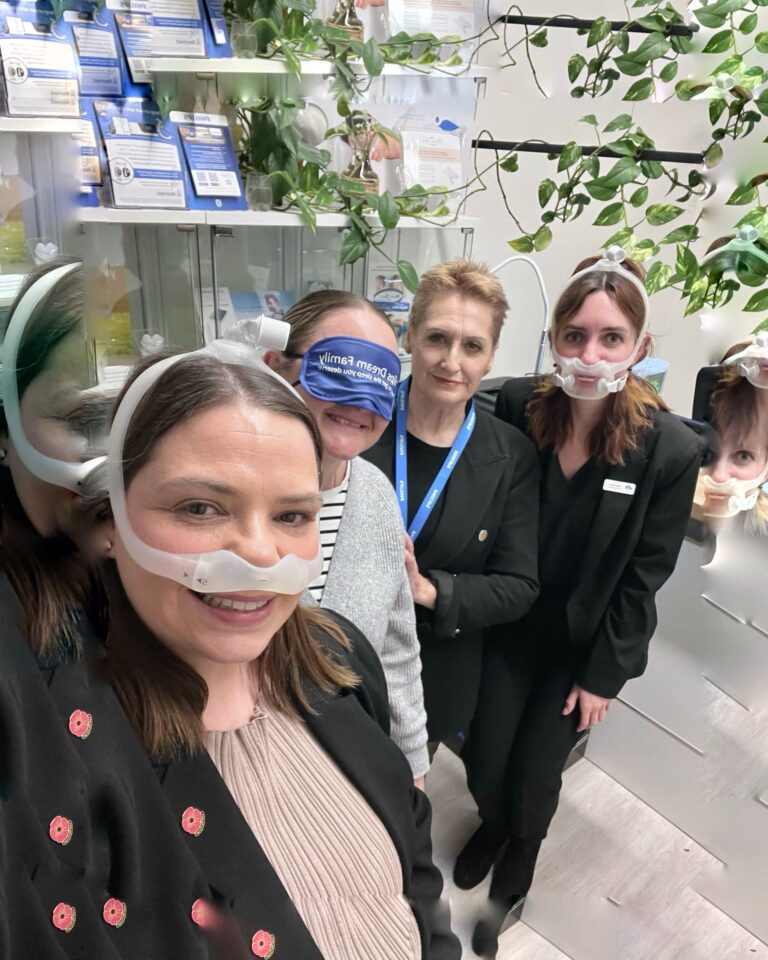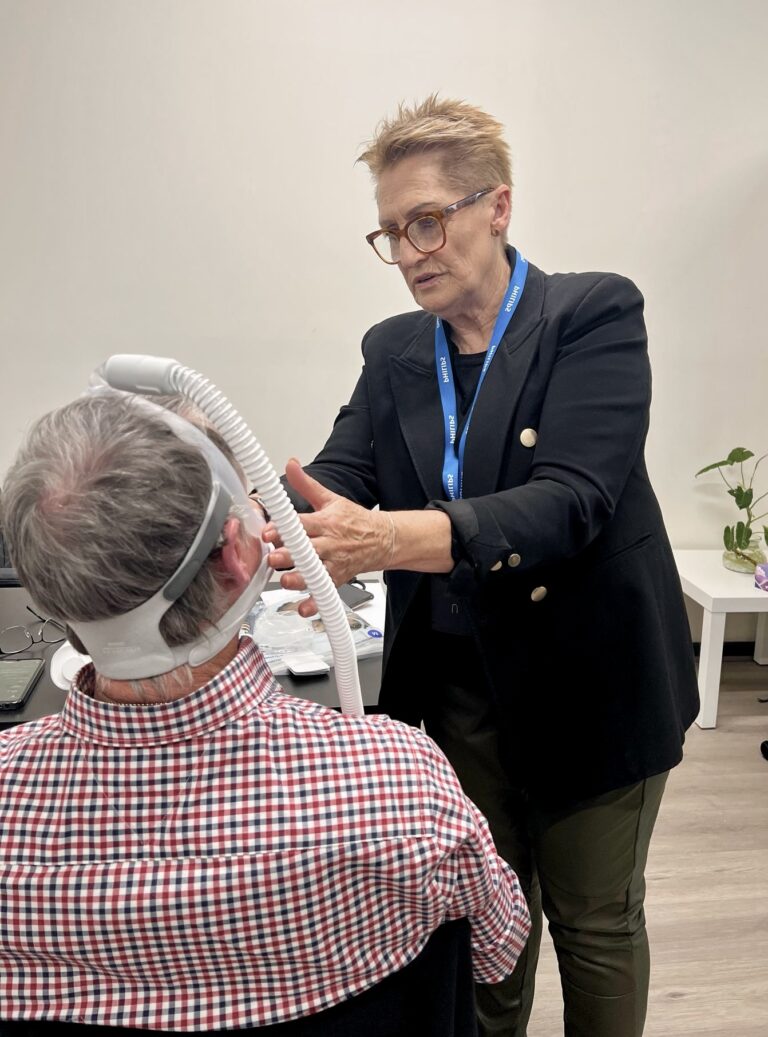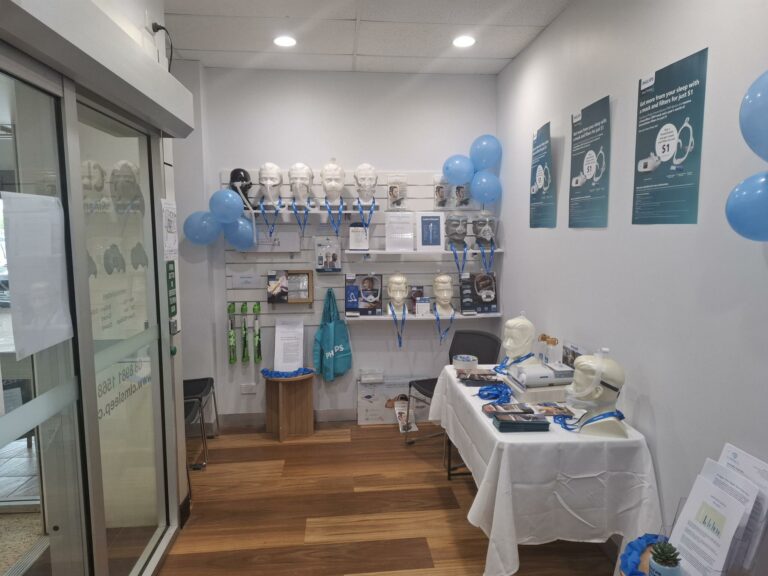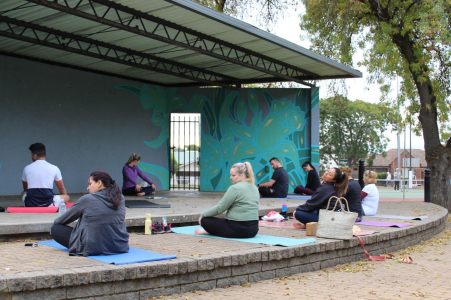Sleep apnea not only disrupts sleep, leaving you tired and sleepy during the day, but also increases the risk of high blood pressure, cardiovascular disease, and even stroke. However, according to the Sleep Heart Health Study involving 5,804 participants, obstructive sleep apnea (OSA) accounts for up to 98.7% of all sleep apnea cases. The good news is that OSA can often be prevented through simple habits and a healthy lifestyle. This article will help you better understand sleep apnea and learn how to prevent sleep apnea effectively.
Why Prevent Sleep Apnea?
What is Sleep Apnea? Sleep apnea is a common sleep disorder characterized by pauses in breathing during sleep. Up to 9% of people worldwide are affected by sleep apnea, which means that roughly 1 in 10 people have the condition, and in Australia, this number could be even higher. Sleep apnea has two main types: Obstructive sleep apnea (OSA) is the most common type and occurs when the muscles in the throat relax enough to block the airway. Central sleep apnea is caused by the brain’s inability to send proper signals to the muscles that control breathing. Both reduce the amount of oxygen in the blood and put pressure on blood vessels, which, over time, can lead to serious health problems such as hypertension, heart disease, and stroke.
Symptoms of Sleep Apnea
The characteristic symptoms of sleep apnea include:
- Loud snoring
- Temporary pauses in breathing during sleep
- Gasping for air during sleep
- Waking multiple times during the night
- Headaches upon waking, especially in the morning
- Waking up with a dry mouth and throat pain
- Feeling unrefreshed despite sufficient sleep duration.
- Excessive daytime sleepiness
- General lack of energy and tiredness throughout the day.
- Irritability or mood swings
- Difficulty concentrating, memory issues, or cognitive impairment.
How Sleep Apnea Affects Your Health
If not treated, sleep apnea can leave significant impacts on the health of an individual not just physically but even mentally, increasing the risk of developing some of the most dangerous ailments like:
Heart Disease: Sleep apnea puts pressure on the heart and blood vessels with each episode of stopped breathing. Severe sleep apnea increases the risk of cardiovascular diseases by 1.79 times, the risk of stroke by 2.15 times, and the risk of death by 1.92 times.
High Blood Pressure: Approximately 30–50% of OSA patients have secondary hypertension. It is caused by repeated episodes of low blood oxygen levels, which lead to increased blood pressure at night. Over time, this condition can develop into chronic hypertension, which can occur at any time, even when you are resting or awake.
Diabetes: Low blood oxygen levels reduce the body’s ability to use insulin, a condition also known as insulin resistance. Over time, blood sugar levels will increase, raising the risk of type 2 diabetes, especially in overweight or obese individuals. Studies show that people with severe sleep apnea have a 1.48 times higher risk of developing type 2 diabetes.
Mood Disorders: Sleep apnea fragments your sleep and shortens the amount of deep sleep, the stage essential for restoring both body and mind. When you don’t get enough quality rest over time, you may start to feel constantly tired and low on energy. You may also find it difficult to concentrate. This ongoing exhaustion can make you more irritable, anxious, and in some cases, depressed. Read more: Sleep and mental health
Cognitive Impairment: Disrupted sleep reduces the duration of two important stages, deep sleep and REM sleep, which are when the brain consolidates memories and processes information. When the brain doesn’t get enough rest and recovery, the ability to concentrate, remember, and solve problems will decline. In the long run, this condition can lead to dementia in the elderly.
Decreased Libido: Sleep and deprivation of oxygen can affect sexual health and its performance.
See more: What are the 4 stages of sleep in order?
What is the best way to avoid sleep apnea?
The best ways to prevent sleep apnea are living a healthy lifestyle, maintaining a healthy weight, and practicing good sleep habits
Live a Healthy Lifestyle
A healthy lifestyle, including daily habits related to eating, exercise, and body care, is the most important factor in preventing sleep apnea. Maintaining habits that help you have healthy airways and sleep better.
Maintain a healthy weight
Being overweight causes fat to accumulate in the neck and around the airways. This makes the airways more prone to collapse, increasing the risk of obstructive sleep apnea (OSA) or worsening the condition. Maintaining a healthy weight doesn’t mean you have to go on a strict diet or do high-intensity exercise. Let’s start with small changes every day, like eating slower, choosing fresh foods, and prioritizing light dinners for easier digestion and better sleep.
Read more: The Vicious Cycle Between Sleep Apnea and Obesity
Exercise regularly
Exercise helps maintain clear airways during sleep, while also improving cardiovascular health and blood circulation. You don’t need to do high-intensity exercises; just 30 minutes of light activities like walking, cycling, or yoga each day will bring noticeable results. It’s important to maintain a regular routine, as even small steps contribute to improving sleep quality and reducing the risk of sleep apnea.
Healthy Eating
A balanced and healthy diet not only helps control weight but also directly affects sleep quality and sleep apnea. A plant-based diet helps reduce the frequency of apnea episodes and improve sleep quality in people with OSA. Prioritize foods rich in fiber, vitamins, and minerals such as green vegetables, fruits, whole grains, fish, lean meats, and nuts. At the same time, limit fried foods, sweets, and fast foods, especially in the evening, as they can easily cause bloating, indigestion, and make it difficult for the body to fall into a deep sleep.
Avoid smoking and limit alcohol consumption
Smoking and drinking alcohol, especially before bed, significantly increase the risk of developing sleep apnea. Smoking causes inflammation and swelling of the respiratory tract lining, narrowing the airways and making it difficult to breathe during sleep. Additionally, nicotine makes it difficult for you to fall into a deep sleep. Alcohol excessively relaxes the throat muscles, making the airway more prone to collapse during sleep, increasing the risk of snoring and OSA. Therefore, if you want to minimize the risk of sleep apnea and other sleep disorders, you should quit smoking completely and limit alcohol consumption, especially in the hours before bedtime.
Read more: How to stop snoring
Practicing good sleep habits
Go to bed and wake up at the same time every day
You need to practice and maintain the habit of going to bed and waking up at the same time every day, even on weekends. To maintain a stable biological rhythm, you’ll find it easier to fall into a deep sleep and be more alert during the day.
Create a good sleep environment
To get deep, uninterrupted sleep, you need to minimize environmental factors such as noise, white and blue light, and high room temperature. Make your bedroom a quiet and comfortable place for sleep, use a night light with warm yellow tones or turn off all light sources completely, keep the room temperature between 18–20 °C, and choose soft, comfortable blankets, pillows, and a supportive mattress to improve sleep quality.
Avoid caffeine or heavy meals close to bedtime
Caffeine is a nervous system stimulant that reduces deep sleep time. It also causes the muscles around the airways to relax excessively or lose rhythmic coordination, thereby increasing the risk of sleep apnea. Eating too much or consuming a lot of fatty foods before bed causes the stomach to work harder, putting pressure on the diaphragm and narrowing the upper airway, which disrupts sleep and increases the risk of OSA. That’s why you need a light, low-fat dinner and to avoid caffeine at least 4–6 hours before bed.
Find the Right Sleeping Position
Avoid sleeping on your back as this sleeping position can make the tongue and soft tissues in the throat relax, partially blocking the airway. This can interrupt your sleep and increase the risk of obstructive sleep apnea (OSA).
Sleeping on your side overcomes the drawbacks of sleeping on your back. It can also help prevent the tongue and soft tissues in the throat from blocking the trachea, keeping the upper airway open. Thanks to this, snoring is reduced and obstructive sleep apnea (OSA) is limited, leading to deeper and better quality sleep.
Slightly elevate your head, you can use a slightly higher pillow or an adjustable bed to raise your head, which helps with easier airflow and reduces pressure on your airways.
Practice Breathing and Relaxation
Doing breathing exercises, yoga, or meditation to relax before bedtime will help keep your airways open, reduce stress, and improve quality sleep.
Simple breathing exercises
Take a deep breath through your nose, hold it for a few seconds, and then slowly exhale through your mouth. Repeat a few times to relax the body, stabilize the heart rate, and also help widen the airways, reducing the risk of sleep apnea.
Yoga or meditation
Performing gentle yoga poses or meditating before bed helps calm the mind and body, reduces stress, and makes it easier to achieve restorative sleep.
See more: Sleep Apnea Self-Care: Tips for Managing Your Condition
Managing Other Health Conditions
Managing allergies and nasal congestion: Issues like allergies or nasal congestion obstruct airflow during sleep, increasing the risk of snoring and sleep apnea. Therefore, you should seek treatment and avoid letting the condition persist, in order to keep your airway clear and reduce the risk of sleep apnea.
Control your blood pressure and cardiovascular health: Sleep apnea affects your cardiovascular system and blood pressure. Therefore, you also need to monitor your cardiovascular health and measure your blood pressure regularly to control the risks of complications caused by sleep apnea and get better sleep.
Check Your Sleep Regularly
Pay attention to signs: Notice if you snore loudly or feel tired even after a full night’s sleep.
- For snoring: You should find out the underlying cause. Read more: How to Identify and Treat Different Types of Snoring
- Persistent daytime sleepiness: If you feel sleepy and tired for more than two weeks, it may indicate a sleep problem, and you should see a doctor.
- Apnea or hypopnea: If you experience stopped or shallow breathing during sleep, you need to see a doctor for proper diagnostics, as these are the key signs of sleep apnea.
Consult your doctor early: Seeking medical advice as soon as you notice symptoms can make a big difference in managing sleep problems effectively.
See more: Effective Ways to Heal Sleep Apnea Naturally for Better Health
Conclusion of the article
Preventing sleep apnea requires a combination of healthy lifestyle choices, proper sleep positioning, and consistent sleep habits. Managing other health conditions, practicing relaxation techniques, and seeking regular check-ups can also significantly reduce the risk of developing sleep apnea. By taking these proactive steps, you can improve both your sleep quality and overall well-being.
For better sleep quality and effective sleep apnea prevention, trust CLM Sleep. Contact us today to explore our solutions and take the first step toward a healthier, more restful night’s sleep! At CLM Sleep, we offer comprehensive diagnostic and treatment services for sleep apnea, helping you restore sleep quality and enhance your health. You can also explore other sleep improvement devices at Cpapdiscount.
Reference
1. Wang X, et al. Obstructive sleep apnea and risk of cardiovascular disease and all‑cause mortality: a meta‑analysis of prospective cohort studies. International Journal of Cardiology. 2013 Nov 5;169(3):207-14. doi: 10.1016/j.ijcard.2013.08.088. PMID: 24161531
2. Strausz S, et al. Obstructive sleep apnoea and the risk for coronary heart disease and type 2 diabetes: a longitudinal population-based study in Finland. BMJ Open. 2018 Oct 15;8(10):e022752. doi:10.1136/bmjopen-2018-022752. PMID:30327404; PMCID:PMC6194468.
